ORDER OF THE CHIEF JUDGE REGARDING THE OPERATIONS OF THE UNITED STATES COURT OF APPEALS IN THE ABSENCE OF AN APPROPRIATION OR CONTINUING RESOLUTION
Before: Chief Judge Mary Murguia
An appropriation or continuing resolution funding the operations of the United States Courts not having been enacted into law by midnight October 1, 2025, this Order shall take effect until superseded by such appropriation or continuing resolution.
The Court of Appeals has a constitutional duty to continue to hear and resolve cases, even during a lapse in government appropriations. To perform that duty, which includes the performance of functions necessary and essential to the continued resolution of cases, judges rely on their chambers staff, as well as the officers and employees of the Court.
On September 30, 2025, I issued an order, consistent with national policy, directing all staff, officers and employees of the Court of Appeals, the Office of the Circuit Executive, and the Ninth Circuit Libraries to report to work during their normally scheduled hours, if appropriations for the current fiscal year were not continued or funded prior to the expiration of any carryover funding or continuing resolution.
The Judiciary has maintained funding since then using available fees and carryforward balances. These funds are projected to be exhausted on or before midnight, October 17, 2025. Accordingly, in keeping with the requirements of the AntiDeficiency Act, my Order of September 30, 2025, concerning the continuity of court operations during a period of lapse of appropriations, is modified for Phase 2 operations as follows:
1. In fulfillment of the Court’s constitutional duty to hear and resolve cases, I will continue to evaluate the court’s day-to-day needs and make furlough determinations as warranted.
2. Oral arguments will go on as scheduled, and the court will continue to schedule cases ready for argument.
3. Government attorneys, while expected to appear as scheduled, may continue to request to appear by video. Non-Government attorneys impacted by shutdown related air traffic issues may also move for video appearances.
4. Motions, Screening and COA panels will continue as scheduled, as will Mediation Conferences.
5. Absent an order in a specific case from an individual panel, all nonjurisdictional, non-argument deadlines for all federally funded attorneys continue to be stayed and will be reset upon conclusion of the shutdown.
6. No new financial obligations should be incurred without permission of the Chief Judge or delegated Unit Executives.
7. All court units should review current financial obligations to ensure that they are necessary for the continued resolution of cases and controversies and proceed to deobligate unnecessary commitments where permitted.
8. Performance under fully- funded contracts should continue and performance under incrementally funded contracts that were awarded prior to the lapse in appropriations should continue until a new obligation of funds is required.
9. No new personnel should be hired.
10. The United States Marshal Service, the Federal Protective Service and the General Services Administration are requested to maintain all functions necessary for the continued security, protection and safe use of all United States Courthouses used by the Court of Appeals, as well as in any other setting where the Court is in session.
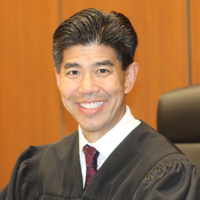





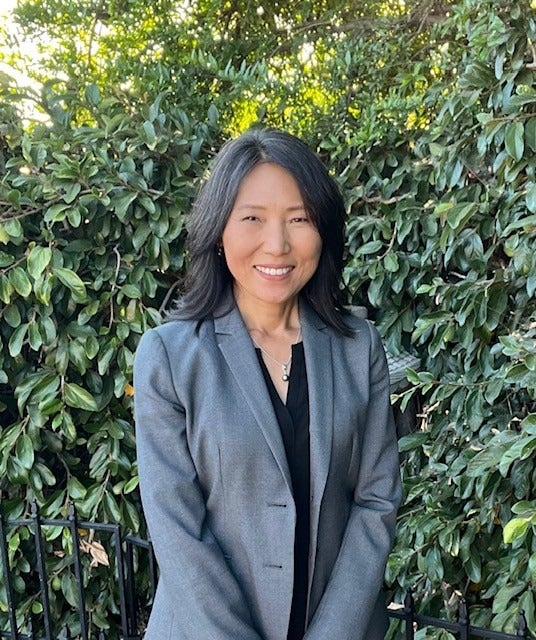
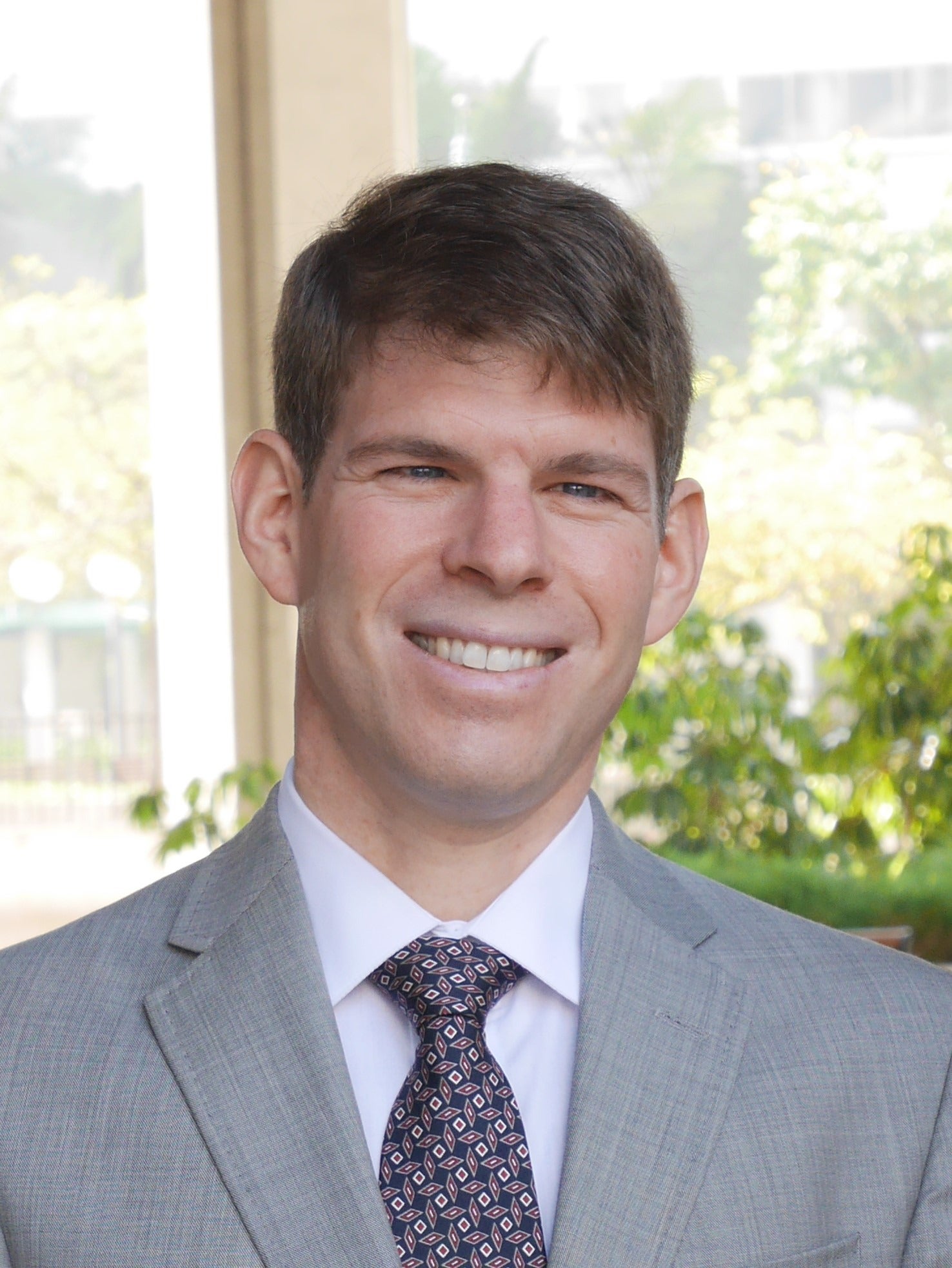






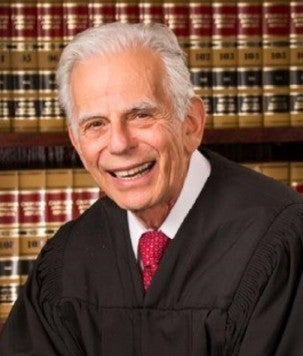





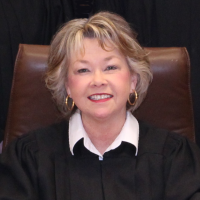 The DJ reports Former presiding justice of 4th District joins JAMS -- Kathleen O'Leary will handle appellate, business and commercial, civil rights, government, employment, insurance, personal injury and real estate disputes as an arbitrator, mediator, neutral evaluator, and court-appointed special master or referee.
The DJ reports Former presiding justice of 4th District joins JAMS -- Kathleen O'Leary will handle appellate, business and commercial, civil rights, government, employment, insurance, personal injury and real estate disputes as an arbitrator, mediator, neutral evaluator, and court-appointed special master or referee.












